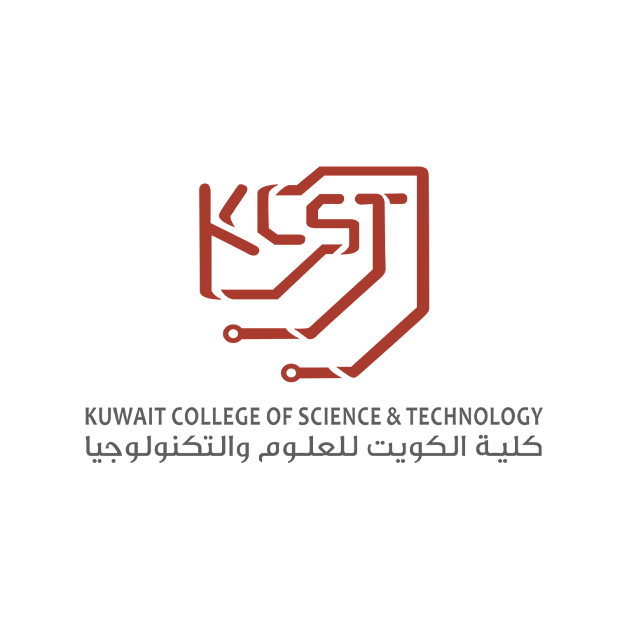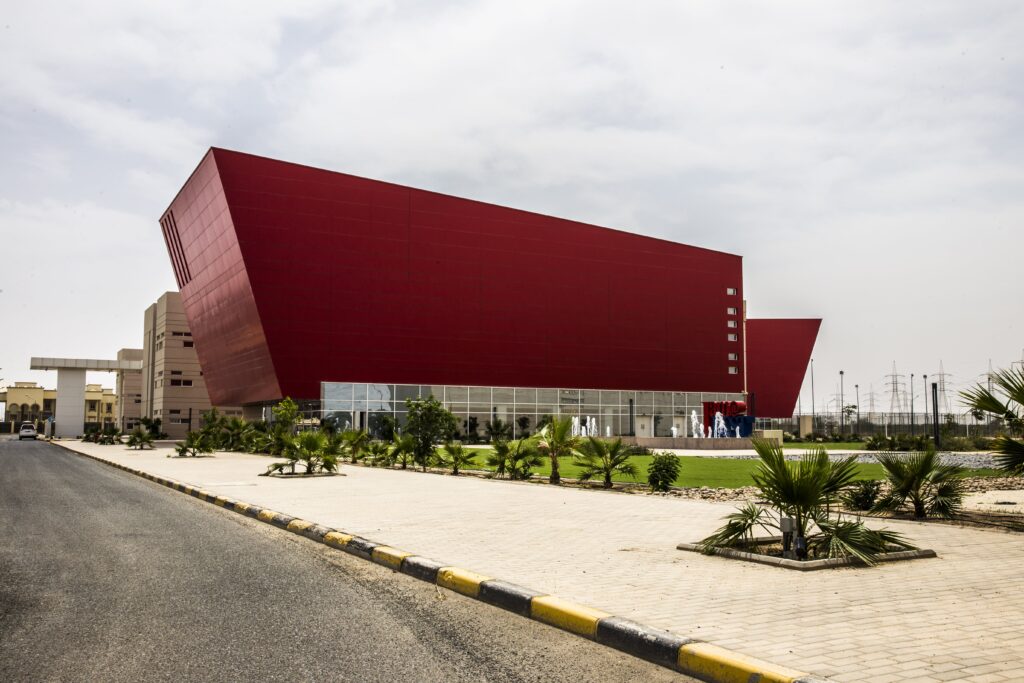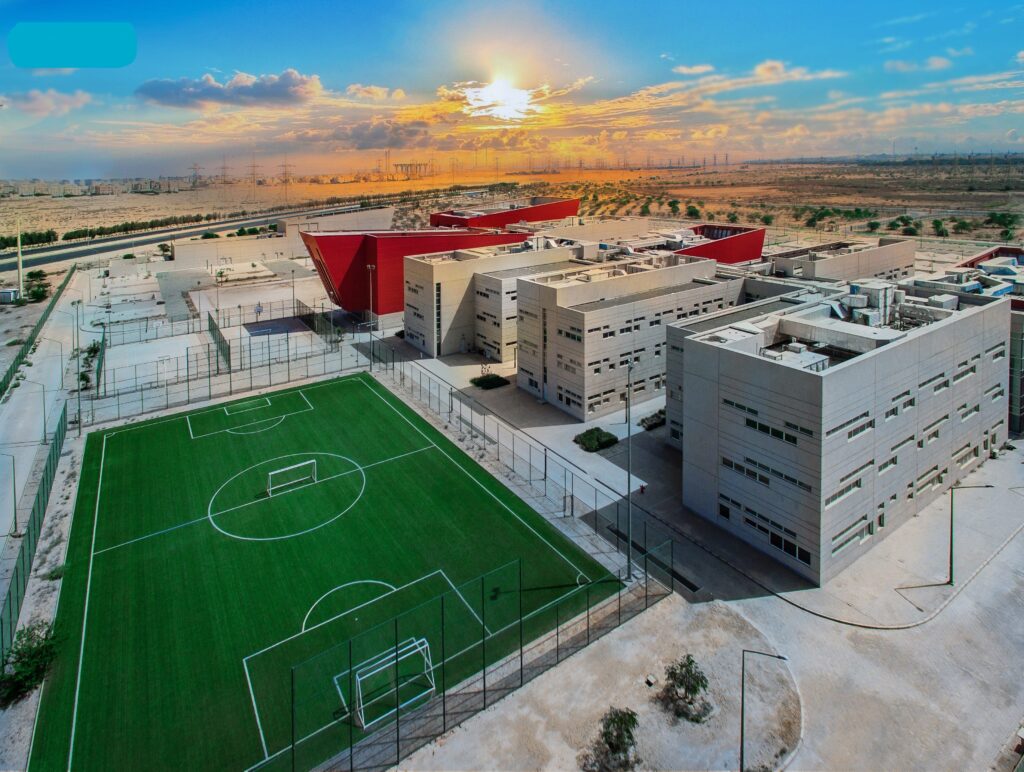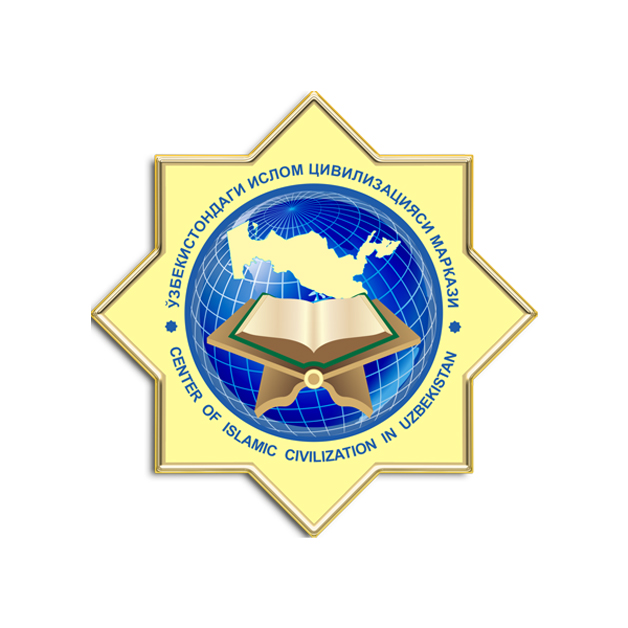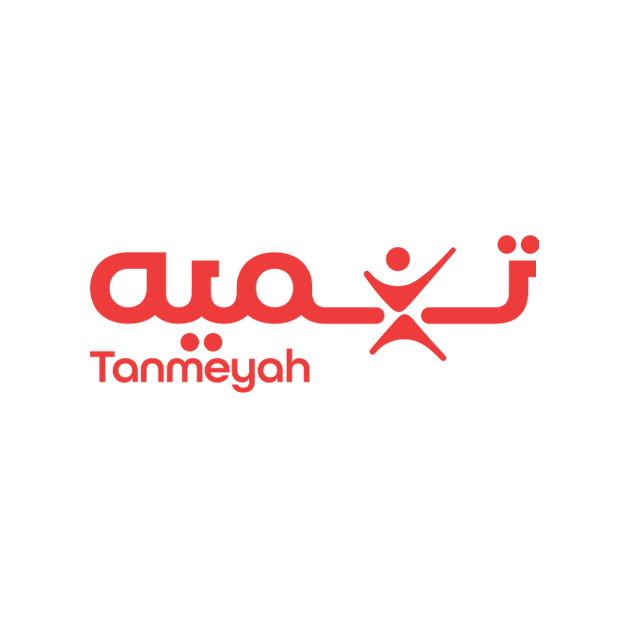Kuwait College of Science and Technology (KCST) is redefining higher education in the Gulf, preparing graduates to lead the digital revolution.
When Kuwait College of Science and Technology (KCST) opened its doors in 2016, it did so with a vision that was both ambitious and clear: to create a world-class institution grounded in cutting-edge technology, hands-on experience, and meaningful global partnerships. Less than a decade later, that vision is now a thriving reality.
“In just five years after we started, we reached our full student capacity,” says Prof. Khalid Al-Begain, founding president of KCST. “Now, we’re expanding to double our teaching, research and student-related facilities while offering more engineering fields.”
It’s a striking testament to a university that has become known for producing industry-ready graduates in areas ranging from cybersecurity and robotics to green energy and artificial intelligence.
Built for the Digital Age
KCST’s success is not accidental—it is deeply tied to its future-focused curriculum and investment in immersive learning environments. “We designed our academic programs around the digital transformation sweeping Kuwait and the rest of the world,” explains Al-Begain, who holds a doctorate in communications engineering. “We’ve invested heavily in advanced facilities that allow students to gain hands-on experience and be inspired to achieve more.”
KCST’s state-of-the-art resources include what Al-Begain claims as the Middle East’s only university-based Cybersecurity Training Center fully certified by the International Council of E-Commerce Consultants (EC-Council). Students there can earn high-demand certifications such as Certified Ethical Hacker (C|EH) and Certified SOC Manager (C|SOCM), giving them a head start in the job market. Complementing this are cutting-edge AI and robotics labs, a nanotechnology lab for piezoelectric materials, and what Al-Begain highlights as Kuwait’s first solar-powered energy harvesting room, developed in collaboration with Australia’s Alpha Solar Technologies and the British Embassy in Kuwait.
However, the technological emphasis doesn’t come at the expense of leadership development. From the first semester through to their final year, students study economics, project management, entrepreneurship and finance, culminating in senior-level courses designed to build engineers who can lead, not just follow.
World-Class Partnerships
KCST’s academic reach stretches far beyond Kuwait. Its curriculum is developed in collaboration with prestigious international institutions, including the Indian Institute of Technology Delhi; Bayes Business School at City, University of London; and Bentley University in the U.S. These partnerships ensure that KCST students are exposed to global best practices while remaining grounded in regional relevance.
KCST’s future plans include launching what Al-Begain touts as Kuwait’s first digital business school, offering programs in fintech, digital marketing and digital finance. The institution also will introduce new engineering degrees, such as civil and environmental engineering, and electrical and renewable energy engineering. This is on top of its three current bachelor’s degrees in computer science, computer engineering and electronics and communications engineering.
A Research Powerhouse in the Gulf
KCST may be young, but it has already distinguished itself as one of the most research-active universities in Kuwait. Al-Begain shares that according to data from abstract and citation database Scopus, KCST faculty publish at a rate three times the national average. Its leading research areas—nanotechnology, cybersecurity, Internet of Things, assistive technologies and renewable energy—are aligned with the region’s most urgent challenges and global scientific frontiers.
This research culture extends to partnerships with major universities across the region and world, including Cardiff University (UK), Qatar University, the Egypt-Japan University of Science and Technology, Bentley University (US) and German Jordanian University.
Real-World Readiness, Proven Results
The outcomes speak for themselves: Al-Begain boasts that the majority of KCST graduates are employed within three months of graduation, and many are recruited even before they finish their final year. Employers across the public and private sectors in Kuwait and beyond have taken notice.
“The outcome of our approach is that all our graduates so far have already been employed in the public and private sectors, and many have reached senior positions in record time,” says Al-Begain, who authored two books and over 200 articles and co-invented MOSEL (Modelling, Specification and Evaluation Language).
A Vibrant Campus Community
KCST is more than classrooms and labs. In the 2024-25 academic year alone, Al-Begain notes that the university hosted more than 50 major events—including international conferences, student hackathons and cultural festivals. These include the Cybersecurity Education and Research Conference (CERC), organized in collaboration with the British Embassy and Kuwait National Cybersecurity Centre. Another key event is the International Conference and Forum on Assistive Technologies for Special Needs, held under the patronage of Kuwait’s Ministry of Social Affairs and supported by UNESCO and the United Nations.
An indoor sports center and expanded student facilities are part of the upcoming campus expansion, underscoring KCST’s commitment to holistic development.
As Kuwait aims to diversify its economy and prepare its citizens for the demands of a high-tech future, KCST is playing a critical role—not only by educating students but also by anticipating and shaping the technologies and talents that will drive tomorrow’s industries.
Learn more about Kuwait College of Science and Technology (KCST) at www.kcst.edu.kw/en












